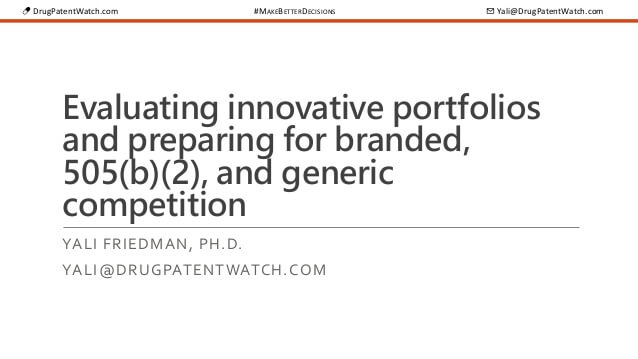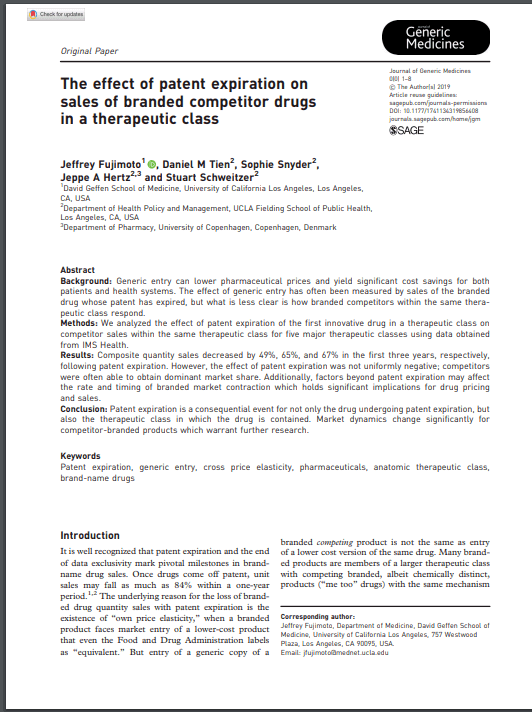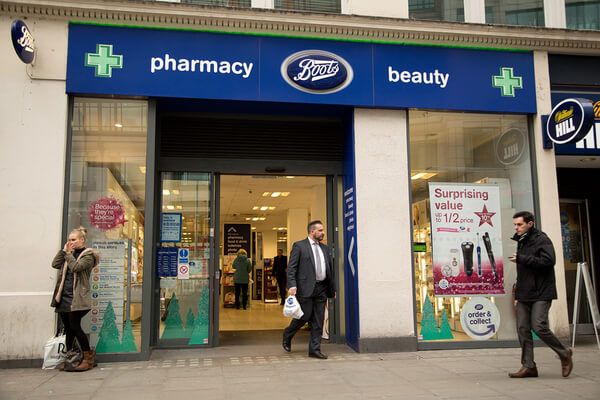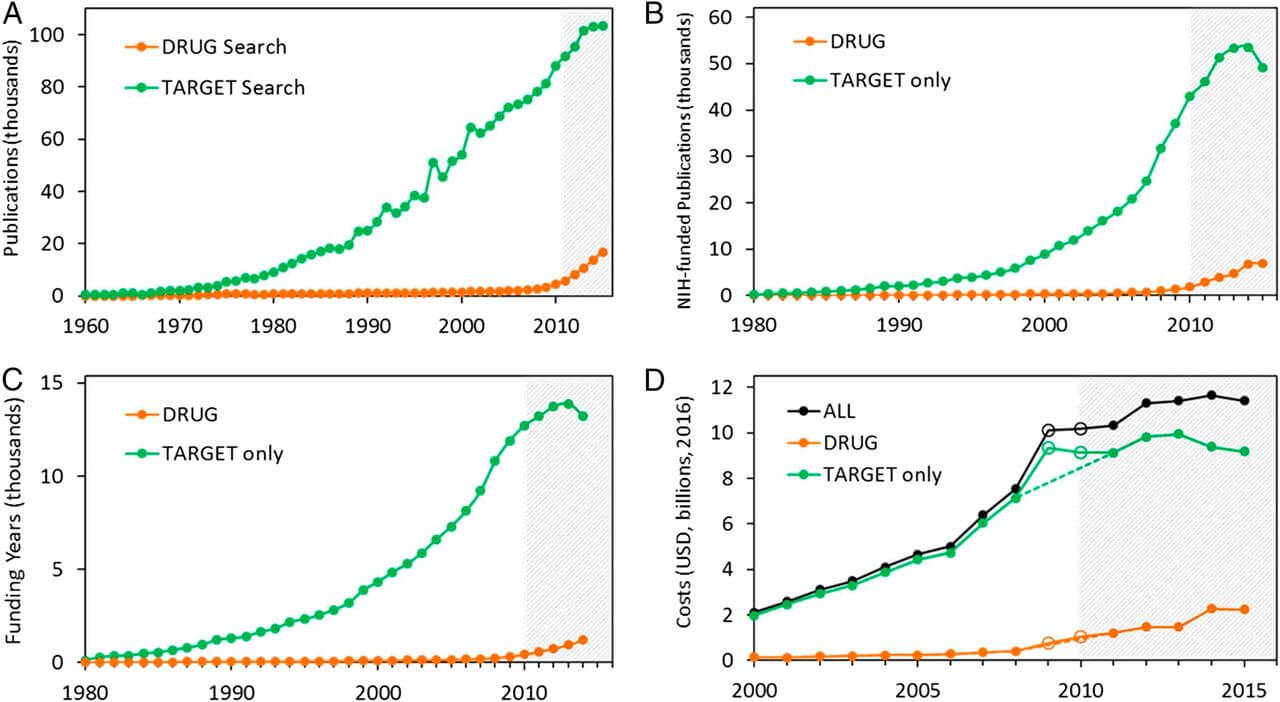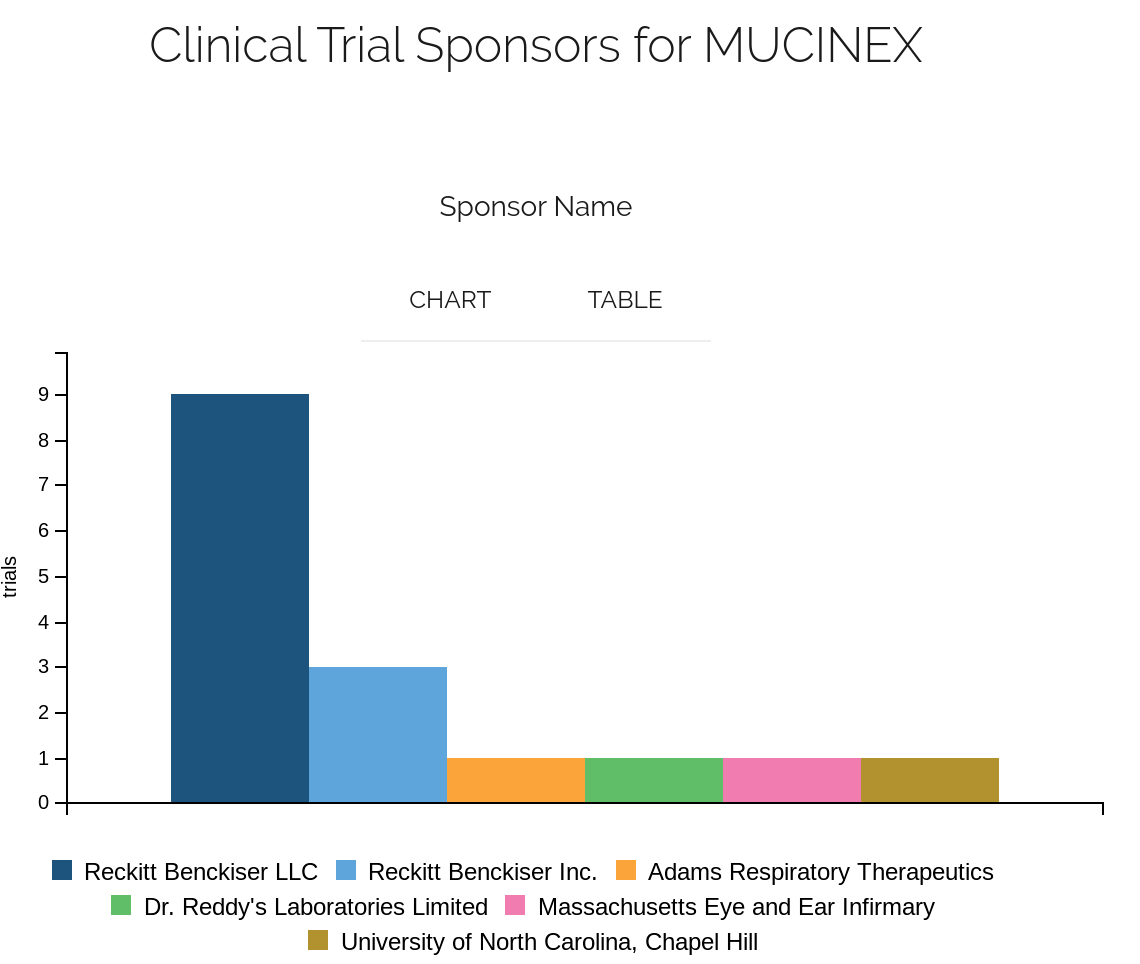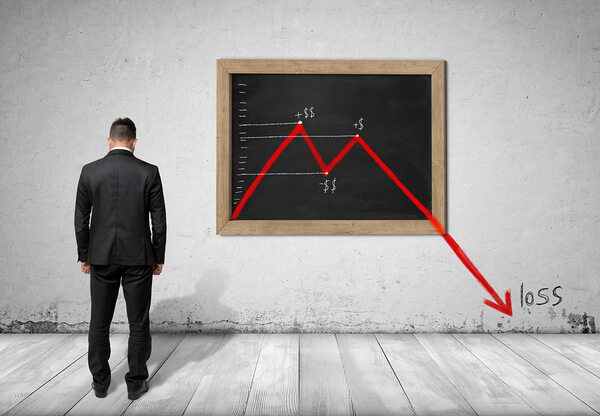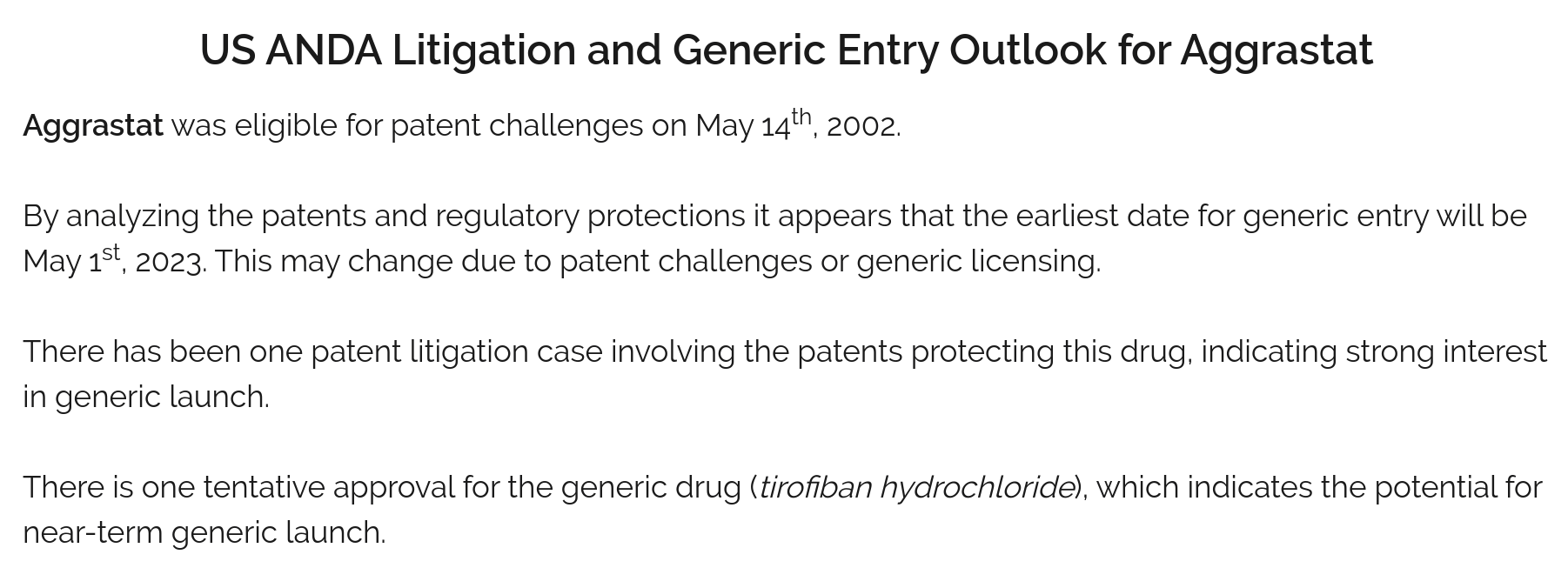Pharmaceutical patent protection forms the backbone of drug innovation, providing exclusivity periods that allow companies to recoup substantial research and development investments. While the standard patent term lasts 20 years, the effective market exclusivity for pharmaceuticals typically ranges between 7-12 years due to regulatory review processes and various extension strategies. This comprehensive analysis explores the complexities of drug patent lifecycles, examining how patent protection operates, strategies companies employ to extend exclusivity, and the significant market shifts that occur when patents expire.
Understanding Basic Drug Patent Protection
The pharmaceutical industry relies on patent protection as a fundamental mechanism to incentivize innovation and recover substantial investments in drug development. Standard drug patents provide 20 years of protection from the filing date, which typically occurs early in the development process, often during initial discovery or first clinical trials1. This early filing represents a strategic necessity in the competitive pharmaceutical landscape, where multiple companies may be researching similar therapeutic targets or mechanisms. Filing patents as early as possible secures intellectual property rights but comes with a significant drawback – it initiates the patent clock long before a drug reaches the market4. The pharmaceutical industry has adapted its business model over decades to focus on developing drugs with broad market potential, creating what’s commonly called the “blockbuster business model,” which paradoxically guarantees that companies will lose core business portfolio components every 10-12 years as patents expire4.
The actual development of pharmaceutical products represents an extraordinarily complex, expensive, and time-consuming process. Companies invest upwards of $2 billion bringing new medications to market, making strong patent protection essential for continued innovation1. This massive investment includes multiple phases of clinical trials, regulatory reviews and assessments, manufacturing verification processes, and extensive safety and efficacy studies1. The extensive development process consumes a substantial portion of the patent term, which significantly impacts the effective period of market exclusivity. Research indicates that it takes an average of 12-13 years to complete research and development activities from initial patent filing to regulatory approval, thereby reducing the effective market exclusivity to approximately 7-8 years4. This shortened exclusivity period has been criticized as “insufficient time for most new drugs to recoup the up-front R&D costs and earn a positive return on this investment”4.
The tension between early patent filing necessity and the lengthy development process creates a fundamental challenge for pharmaceutical innovators. Companies must navigate this shortened exclusivity window while facing increasing development costs and regulatory requirements. This situation has driven pharmaceutical companies to develop sophisticated strategies for extending market exclusivity beyond the basic patent term. The industry has evolved to regard patent management not merely as a legal function but as a core business strategy essential to maintaining revenue streams and supporting ongoing innovation investments. The dynamic between patent protection, drug development timelines, and exclusivity periods forms the foundation of pharmaceutical business planning and directly influences which therapeutic areas receive investment attention.
Effective Market Exclusivity vs. Patent Term
The distinction between patent term and effective market exclusivity represents a crucial concept in pharmaceutical intellectual property. While patents formally provide 20 years of protection from the filing date, the actual period during which companies can exclusively market their products is substantially shorter due to the lengthy development and approval process1. Market exclusivity often spans only 7-12 years of the total patent term because several years of patent protection are consumed during clinical trials and regulatory review1. This diminished exclusivity period has significant implications for pharmaceutical business models, as it compresses the timeframe for recovering substantial research and development investments that typically reach into billions of dollars per successful drug.
The pharmaceutical industry faces unique challenges regarding intellectual property that other industries do not encounter to the same degree. The necessity of filing patents early in the discovery process, coupled with extensive regulatory requirements, creates what some industry observers call a “patent paradox” – the very protections designed to encourage innovation also impose timing constraints that can limit commercial viability4. The European Federation of Pharmaceutical Industries and Associations has noted that this shortened exclusivity period often proves insufficient for companies to generate returns on research investments, potentially discouraging innovation in areas with longer development timelines or higher failure rates4. This tension between patent timing and development requirements has led pharmaceutical companies to pursue various strategies to maximize the effective exclusivity period, including careful patent portfolio management and regulatory engagement.
Understanding the gap between patent term and effective market exclusivity helps explain many of the strategic behaviors observed in the pharmaceutical industry. Companies must carefully plan their patent filing strategies, development timelines, and market entry approaches to optimize the commercial potential of their discoveries. The significant upfront costs and risks associated with pharmaceutical development make these timing considerations especially critical. Grabowski and Moe have emphasized that the shortened exclusivity period often fails to provide sufficient time for most new drugs to recover development costs and generate positive returns on investment4. This economic reality drives pharmaceutical companies to seek various mechanisms to extend market exclusivity beyond the basic patent term, including both regulatory pathways and strategic patent management approaches that will be explored in subsequent sections.
Patent Extension Strategies and Regulatory Exclusivity
Pharmaceutical companies employ various strategies to extend market exclusivity beyond the basic patent term. One primary approach involves leveraging statutory extensions available under the Hatch-Waxman Act, which can provide up to five additional years of patent protection to compensate for time lost during regulatory review1. These extensions recognize the unique challenges faced by pharmaceutical developers who must commit substantial portions of their patent term to clinical trials and approval processes. Additionally, companies can secure six months of pediatric exclusivity by conducting studies in children, representing an important mechanism that both extends market protection and increases medical knowledge about drug effects in pediatric populations1. These regulatory pathways provide legitimate means for companies to partially recover time lost to the development process while encouraging research that addresses public health priorities.
Beyond statutory extensions, pharmaceutical companies have developed sophisticated approaches to patent portfolio management. The practice of creating “patent clusters” or “patent thickets” involves filing multiple patents to protect various aspects of a single drug product4. These secondary patents may cover features beyond the main active ingredient, such as crystalline forms of the original compound, manufacturing methods, formulations, or specific therapeutic uses4. This layered approach to patent protection creates a more robust intellectual property position and potentially extends exclusivity through a succession of patents with different expiration dates. The strategic acquisition of secondary patents helps companies build solid portfolios covering diverse aspects of their products, making it more challenging for generic competitors to enter the market immediately after the expiration of the primary compound patent.
The FDA also provides various forms of regulatory exclusivity that operate independently from patent protection. These include five years of exclusivity for new chemical entities, three years for new clinical studies supporting changes to previously approved drugs, and seven years for orphan drugs treating rare conditions1. These regulatory exclusivities can sometimes extend beyond patent expiration, providing additional market protection through administrative rather than patent mechanisms. The combination of patent strategies and regulatory exclusivities creates a complex landscape of intellectual property protection that companies navigate strategically. Some critics, particularly from the generic drug industry, have argued that certain practices amount to “evergreening” – extending patent protection far beyond the original 20-year term through successive modifications or secondary patents2. This perspective highlights the tension between incentivizing innovation and ensuring eventual market competition to reduce healthcare costs.
The Impact of Patent Expiration on Drug Prices and Markets
When pharmaceutical patents expire, the market undergoes significant transformation as generic manufacturers introduce competing versions of previously protected drugs. Research demonstrates that generic entry typically triggers substantial price reductions. According to a study by Conti and Berndt examining drug patents that expired between 2001 and 2007, the average price of physician-administered drugs declined by between 38 and 48 percent following patent expiration3. These price reductions occur as multiple generic manufacturers enter the market, increasing competition and driving down costs. The European Commission has similarly found that average generic prices two years after market entry fall to approximately 40 percent below the price of the former brand-name products4. This price erosion represents a significant benefit to healthcare systems and patients but creates substantial revenue challenges for the innovator companies that developed the original medications.
The market dynamics following patent expiration follow predictable patterns that vary based on drug type and complexity of manufacturing. For relatively simple-to-produce oral medications, generic competition tends to be robust, with an average of 6.3 manufacturers applying to produce generic versions3. More complex physician-administered drugs that require specialized manufacturing processes or sterile production facilities typically attract fewer competitors, with between three and five manufacturers applying to produce generic versions3. This difference in competitive intensity influences the degree of price erosion, with oral drugs experiencing more moderate price declines of approximately 25 percent compared to the steeper reductions seen with physician-administered medications3. The retention of some price premium for branded drugs even after generic entry reflects continued brand loyalty among some prescribers and patients, though this only partially offsets the overall revenue decline.
Interestingly, total market sales volume often increases following patent expiration, consistent with standard economic principles regarding price elasticity of demand. As prices fall, more patients gain access to medications that may have been previously unaffordable, leading to expanded utilization. Conti and Berndt found that sales volume increases substantially following generic entry, resulting in higher total revenue from combined branded and generic sales of the drug3. This expansion of access represents one of the core public health benefits of the patent system’s temporal limitations – innovations eventually become more widely available at lower prices. However, for innovator companies, the revenue shift is dramatic, with branded products typically losing 80-90 percent of market share after patent expiration1. This precipitous decline in revenue from previously successful products creates the phenomenon known as the “patent cliff,” which poses significant strategic challenges for research-based pharmaceutical companies.
Patent Cliffs and Their Industry Impact
The pharmaceutical industry uses the term “patent cliff” to describe the precipitous decline in revenue that occurs when key products lose patent protection4. This phenomenon represents one of the most significant business challenges for research-based pharmaceutical companies, particularly when blockbuster drugs (those generating over $1 billion in annual global revenue) face patent expiration. The impact of patent cliffs can be dramatic, as exemplified by the case of Pfizer’s Lipitor, formerly the best-selling prescription drug in history, which experienced a severe decrease in sales once market exclusivity ended in 20124. These revenue losses can severely impact a company’s financial performance, especially when multiple important products face near-simultaneous patent expirations. The industry has experienced several significant waves of patent cliffs, with another substantial round expected in the coming years that could erode more than $100 billion in sales for drugs losing patent protection4.
Patent cliffs have profound strategic implications that extend beyond immediate revenue concerns. They have triggered substantial restructuring within the pharmaceutical industry, including major merger and acquisition activities as companies seek to replenish their product portfolios and stabilize revenue streams4. Organizations facing significant patent expirations often implement extensive cost-cutting measures, reduce research workforces, or pivot to new therapeutic areas to mitigate financial impacts. The cyclical nature of patent expirations creates a fundamental challenge to the traditional blockbuster business model, effectively guaranteeing that innovator companies will lose core business portfolio components every 10-12 years4. This predictable cycle of exclusivity and competition forces continuous reinvention and adaptation within the industry.
The approach to managing patent cliffs has evolved over time. While early patent cliffs left deep financial marks on many companies, pharmaceutical organizations now appear better prepared to face upcoming waves of patent expirations4. This improved readiness reflects more sophisticated lifecycle management strategies, diversified product portfolios, and proactive planning for post-exclusivity scenarios. Nevertheless, defending revenues from existing product portfolios and slowing the sales losses associated with generic entry remains crucial for maintaining financial stability and funding future innovation. The strategic response to patent cliffs has become increasingly sophisticated, involving various approaches to extending exclusivity, developing product enhancements, and shifting to new business models. Understanding the timing and potential impact of patent cliffs represents a critical aspect of pharmaceutical business planning and directly influences research investment priorities and commercial strategies.
Strategic Responses to Patent Expiration
Pharmaceutical companies have developed numerous approaches to address the challenges posed by patent expiration. One widely employed strategy involves “prevention” tactics that exploit possibilities for extending market exclusivity through legal mechanisms4. Strategic patenting represents a cornerstone of this approach, with companies filing multiple patents to protect various aspects of their branded drugs. This practice, sometimes called creating “patent clusters,” involves establishing a network of patents surrounding the base patent4. Secondary patents may cover features beyond the main active ingredient, such as specific crystalline forms, manufacturing methods, formulations, or therapeutic uses4. This layered approach to patent protection creates a more robust intellectual property position that may extend exclusivity through patents with different expiration dates, potentially delaying generic competition.
Another strategic response involves developing new formulations, delivery systems, or indications for existing compounds. The reformulation approach creates improved versions of the original product with potential clinical advantages such as reduced dosing frequency, improved side effect profiles, or enhanced efficacy for specific patient populations1. These improvements can shift market share to new patent-protected versions before generic competition emerges for the original formulation. Similarly, discovering new therapeutic uses for existing medications (drug repositioning) represents another valuable strategy that can extend a compound’s commercial lifespan. Patent documents provide a rich source of information about such repositioning efforts, revealing interesting examples such as entacapone (a Parkinson’s disease medication) being investigated for dengue fever, clopidogrel (an antithrombotic) for prostate conditions, and various contrast agents being studied for viral infections5.
The regulatory landscape offers additional opportunities for strategic response to patent expiration. Obtaining orphan drug designation for treating rare diseases can provide seven years of market exclusivity regardless of patent status1. Pediatric exclusivity provisions grant an additional six months of protection for conducting studies in children1. Some companies pursue aggressive pricing and contracting strategies to maintain market share despite generic entry, while others develop authorized generic versions of their own products to capture a portion of the generic market while maintaining some brand presence. These diverse approaches reflect the sophisticated multi-faceted strategies that pharmaceutical companies employ to manage product lifecycles and maintain revenue streams beyond patent expiration.
The business implications of these strategic responses extend beyond immediate revenue protection. They directly influence research investment decisions, with companies increasingly evaluating potential patent extension opportunities during early development planning. The ability to develop and implement effective lifecycle management strategies has become a core competency for successful pharmaceutical companies. As one analysis noted, the patent cliff might provide “a unique opportunity for participants in the current healthcare system to collaborate and reinvent the current model of drug discovery and drug marketing for the sustainable development of the whole industry sector”4. This perspective suggests that patent expiration challenges might ultimately drive positive innovation in business models and development approaches across the pharmaceutical ecosystem.
International Aspects of Pharmaceutical Patent Protection
Pharmaceutical patent protection operates within a complex global landscape with significant variations in laws, enforcement capabilities, and market dynamics across different regions. While international agreements like the World Trade Organization’s TRIPS (Trade-Related Aspects of Intellectual Property Rights) have harmonized certain aspects of patent protection, important differences persist that influence global pharmaceutical strategies. One notable example comes from the Canadian experience, where Bill S-17 aimed to extend pharmaceutical patent protection to 20 years for drug patents issued before 1989, which previously lasted only 17 years from time of filing2. This legislative action reflected the pressure on countries to comply with international trade rules regarding intellectual property protection. The international dimension of patent protection creates both opportunities and challenges for pharmaceutical companies operating in global markets.
Filing strategies for pharmaceutical patents depend significantly on local market characteristics, including market size, enforcement capability, and regulatory landscapes4. Companies typically prioritize patent protection in major markets like the United States, European Union, and Japan, where pharmaceutical spending is highest and intellectual property laws are strongly enforced. However, emerging markets have grown increasingly important in global pharmaceutical strategies, leading to expanded patent filing in countries with developing healthcare systems and growing middle-class populations. The resource-intensive nature of obtaining and maintaining global patent protection requires careful prioritization based on commercial potential and strategic importance. Companies must balance the costs of worldwide patent coverage against the potential revenue from smaller markets, often leading to selective patenting strategies focused on key commercial territories.
The international variation in patent protection creates opportunities for differential pricing and market entry strategies across regions. In some cases, drugs may face generic competition in certain countries while maintaining exclusivity in others due to differences in patent filing dates, regulatory approval timelines, or local intellectual property laws. These differences can create complex global supply chains and market dynamics, with potential implications for drug access and affordability in different regions. International patent considerations also influence pharmaceutical research and development strategies, including decisions about clinical trial locations, manufacturing sites, and targeted therapeutic areas. Understanding the global patent landscape represents an essential aspect of pharmaceutical business planning and directly impacts how companies approach both innovation and commercialization on a worldwide scale.
Balancing Innovation Incentives and Healthcare Access
The pharmaceutical patent system embodies a fundamental societal trade-off: providing temporary monopoly protection to incentivize innovation while ensuring eventual competition to increase affordability and access. This balance remains at the center of ongoing debates about optimal patent duration and appropriate lifecycle management practices. On one hand, research-based pharmaceutical companies argue that robust patent protection remains essential for recovering substantial R&D investments, which can reach approximately $750 million per product according to industry estimates2. The high failure rate in pharmaceutical development further amplifies these costs, as successful products must effectively subsidize numerous unsuccessful research programs. Industry representatives maintain that patent protection in Canada and other developed markets lasts no longer than in key competitive regions like the United States, Europe, and Japan2, suggesting a relatively level international playing field.
Conversely, generic manufacturers and healthcare payers often express concerns about practices they view as extending market exclusivity beyond reasonable timeframes. The Canadian Drug Manufacturers Association has argued that through various strategies, patents are frequently “evergreened” far beyond the standard 20-year term2. They point to examples like enalapril, which reportedly maintained patent protection for 28 years after the initial patent was granted2. Critics particularly question automatic regulatory mechanisms that block generic approval during patent disputes, such as Canada’s system that provides automatic 24-month injunctions preventing regulatory approval of potential generic competitors when patent holders initiate court challenges2. These regulatory interconnections between patent disputes and approval processes can significantly impact market entry timing for lower-cost alternatives.
Finding the appropriate balance requires consideration of multiple perspectives and careful policy design. As Canada’s Industry Minister Brian Tobin noted during Senate committee hearings, “This is a difficult, contentious issue with big financial interests at stake”2. The ideal patent system should “avoid things that would allow patents to be extended in an unearned way” while providing sufficient incentives for continued innovation2. This balancing act necessitates ongoing assessment of patent laws, regulatory frameworks, and commercial practices to ensure they collectively serve the dual objectives of promoting pharmaceutical innovation and facilitating appropriate competition after reasonable exclusivity periods. The complexity of this balance explains why pharmaceutical patent policy remains an active area of debate in many jurisdictions, with stakeholders continually proposing adjustments to better align incentives with public health objectives.
Conclusion
The pharmaceutical patent landscape represents a complex ecosystem of legal protections, strategic considerations, and economic forces that collectively shape drug development and commercialization. While the standard patent term provides 20 years of protection from filing, the effective period of market exclusivity typically spans only 7-12 years due to the lengthy development and approval process1. This compressed commercialization window creates significant pressure on pharmaceutical companies to maximize returns during exclusivity and develop sophisticated lifecycle management strategies. Various extension mechanisms, including those provided under the Hatch-Waxman Act, pediatric exclusivity provisions, and secondary patents covering formulations or new uses, allow companies to potentially extend protection beyond the base patent term14. These strategies have become increasingly sophisticated as companies face waves of patent expirations that threaten established revenue streams.
The impact of patent expiration on pharmaceutical markets remains dramatic and predictable. Average drug prices typically decline by 38-48% following patent expiration as generic competitors enter the market3. This price erosion benefits healthcare systems and patients but creates the phenomenon known as the “patent cliff” for innovator companies, who may lose 80-90% of market share for previously protected products14. The industry has responded with various strategic approaches, including patent clusters, product reformulations, new indications, and authorized generics, all aimed at extending commercial viability beyond primary patent expiration. These responses reflect the tension between maximizing returns on innovation investments and facilitating eventual competition to increase affordability and access.
The pharmaceutical patent system ultimately embodies a carefully designed compromise between competing societal objectives. It provides temporary exclusivity to incentivize the substantial investments required for pharmaceutical innovation while ensuring that these innovations eventually enter the public domain through generic competition. The ongoing evolution of patent strategies, regulatory frameworks, and market dynamics continues to shape this balance, with significant implications for healthcare costs, patient access, and future innovation. As the industry navigates upcoming waves of patent expirations and increasingly complex global markets, the strategic management of intellectual property will remain a central focus for pharmaceutical companies seeking to maintain sustainable business models while delivering medical advances to patients worldwide.
Citations:
- https://www.upcounsel.com/how-long-does-a-drug-patent-last
- https://pmc.ncbi.nlm.nih.gov/articles/PMC81031/
- https://www.nber.org/digest/sep14/patent-expiration-and-pharmaceutical-prices
- https://pmc.ncbi.nlm.nih.gov/articles/PMC4899342/
- https://pmc.ncbi.nlm.nih.gov/articles/PMC5736531/
- https://www.drugpatentwatch.com/blog/how-long-does-a-patent-last-for-drugs/
- https://www.drugpatentwatch.com/blog/how-long-do-drug-patents-last/
- https://www.nature.com/articles/s41587-023-01847-z
- https://touromed.libguides.com/c.php?g=1263476
- https://www.cornelllawreview.org/2023/07/25/pharmaceutical-patent-protection-beyond-the-twenty-year-statutory-term/
- https://www.ey.com/en_us/insights/life-sciences/navigating-pharma-loss-of-exclusivity
- https://www.biopharmadive.com/news/pharma-patent-cliff-biologic-drugs-humira-keytruda/642660/
- https://www.drugpatentwatch.com/blog/optimizing-your-drug-patent-strategy-a-comprehensive-guide-for-pharmaceutical-companies/
- https://journals.sagepub.com/doi/10.3233/HAB-240006?icid=int.sj-abstract.similar-articles.5
- https://pmc.ncbi.nlm.nih.gov/articles/PMC3146086/
- https://www.nbcnews.com/health/health-news/gaming-us-patent-system-keeping-drug-prices-sky-high-report-says-rcna47507
- https://www.ajmc.com/view/a636-article
- https://aspe.hhs.gov/projections-drug-approvals-patent-expirations-generic-entry-2000-2004
- https://www.uspharmacist.com/article/drug-patent-expirations-and-the-patent-cliff
- https://www.biopharmadive.com/news/patent-cliff-pharmaceuticals-top-drugs-monopoly-expiration/715062/
- https://www.fda.gov/media/92548/download
- https://www.fda.gov/drugs/development-approval-process-drugs/frequently-asked-questions-patents-and-exclusivity
- https://www.news-medical.net/health/Drug-Patents-and-Generics.aspx
- https://www.kopp-online-marketing.com/interesting-google-patents
- https://www.prnewswire.com/resources/articles/
- https://www.youtube.com/watch?v=AUsVNl4f2i4
- https://www.nationalcooperativerx.com/educational-materials/drug-patents-exclusivity/
- https://www.forensisgroup.com/resources/expert-legal-witness-blog/how-long-do-patents-last-a-guide-to-lifespan-expiration-and-renewal
- https://patseer.com/a-quick-guide-to-pharmaceutical-patents-and-their-types/
- https://crsreports.congress.gov/product/pdf/R/R46679


